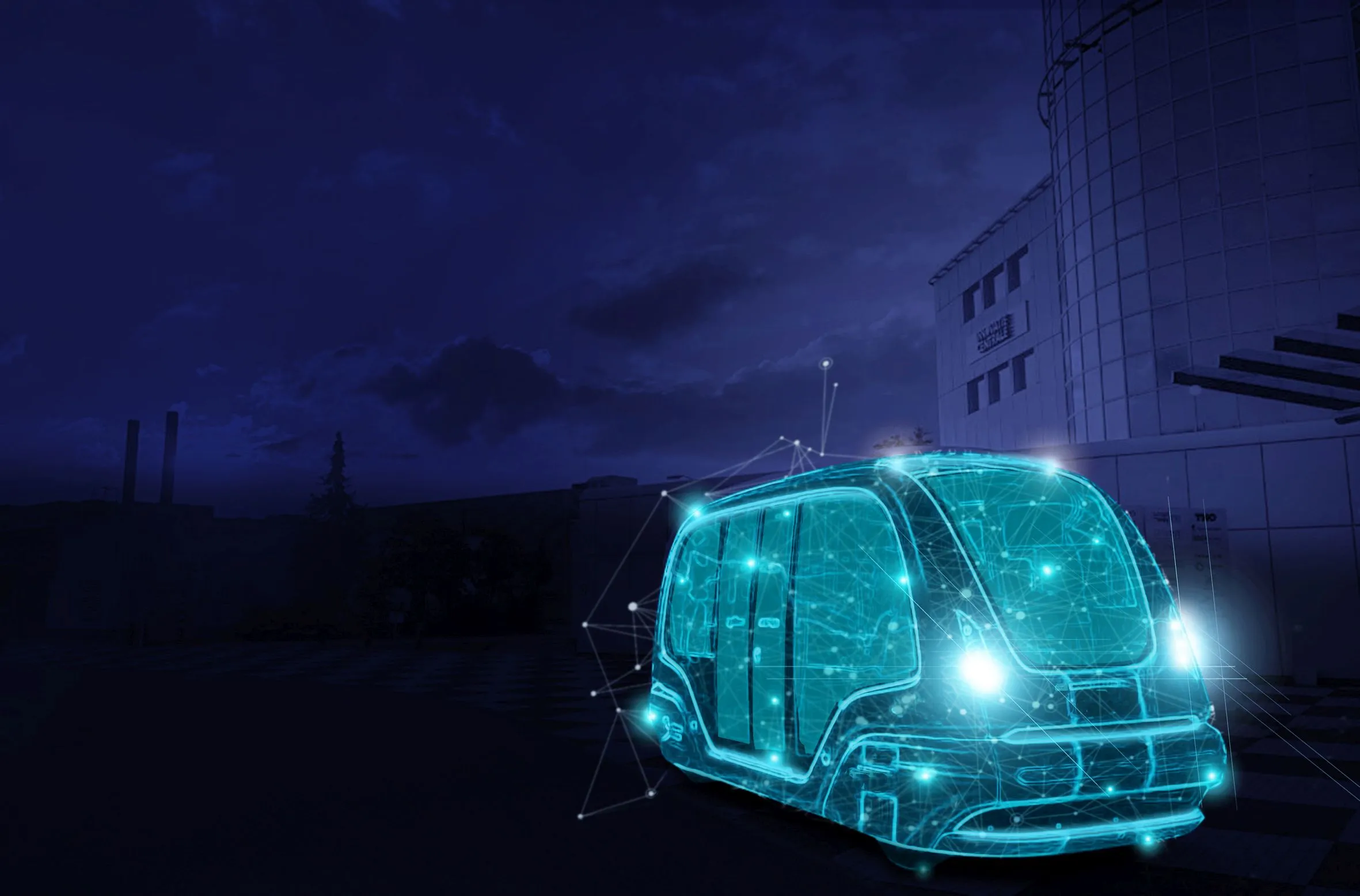Allstate Insurance Company is to work with the Intelligent Systems Laboratory at Stanford University, California to learn about and contribute to the tools and standards related to autonomous vehicles.
The research project scope includes machine learning, artificial intelligence and highly autonomous vehicle systems.
“We are proactively embracing and participating in the evolving landscape around personal transportation through our work with world-class institutions at the forefront of this automotive
December 19, 2016
Read time: 1 min
The research project scope includes machine learning, artificial intelligence and highly autonomous vehicle systems.
“We are proactively embracing and participating in the evolving landscape around personal transportation through our work with world-class institutions at the forefront of this automotive revolution,” says Allstate’s senior vice president of Product Innovation, Howard Hayes.
Allstate sees an autonomous vehicle future more as a matter of when, not if, according to its director of Innovation and Research, Sunil Chintakindi, who will lead the project for the insurer. “Allstate has long supported auto highway and safety reforms like seat belts, air bags and teen driver education. This is the logical next step as driverless technology continues to evolve,” he said.








